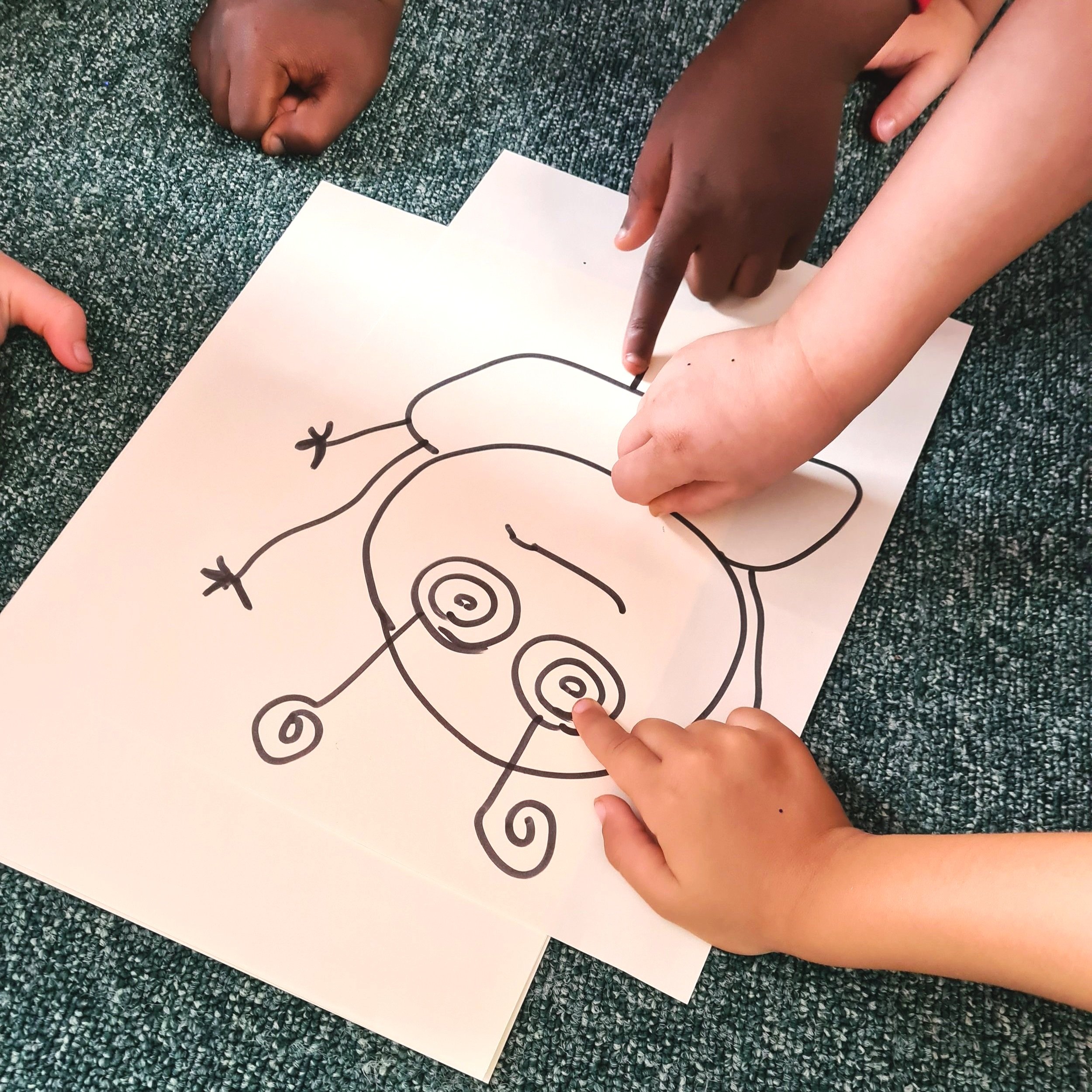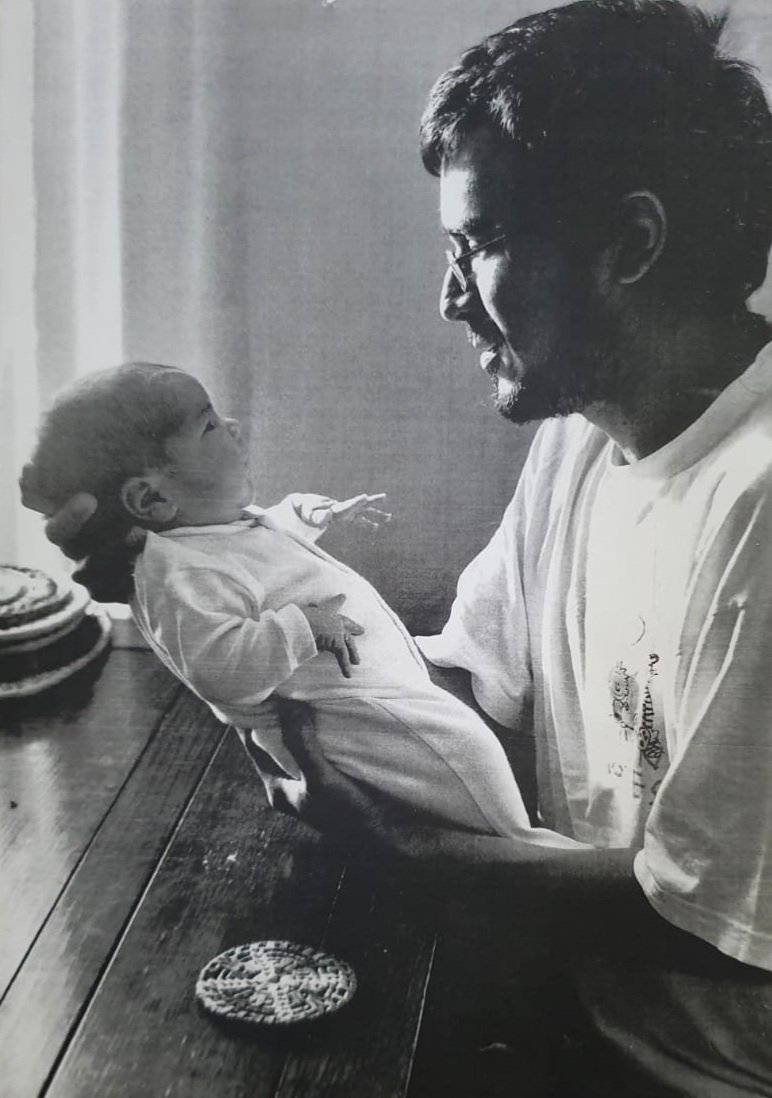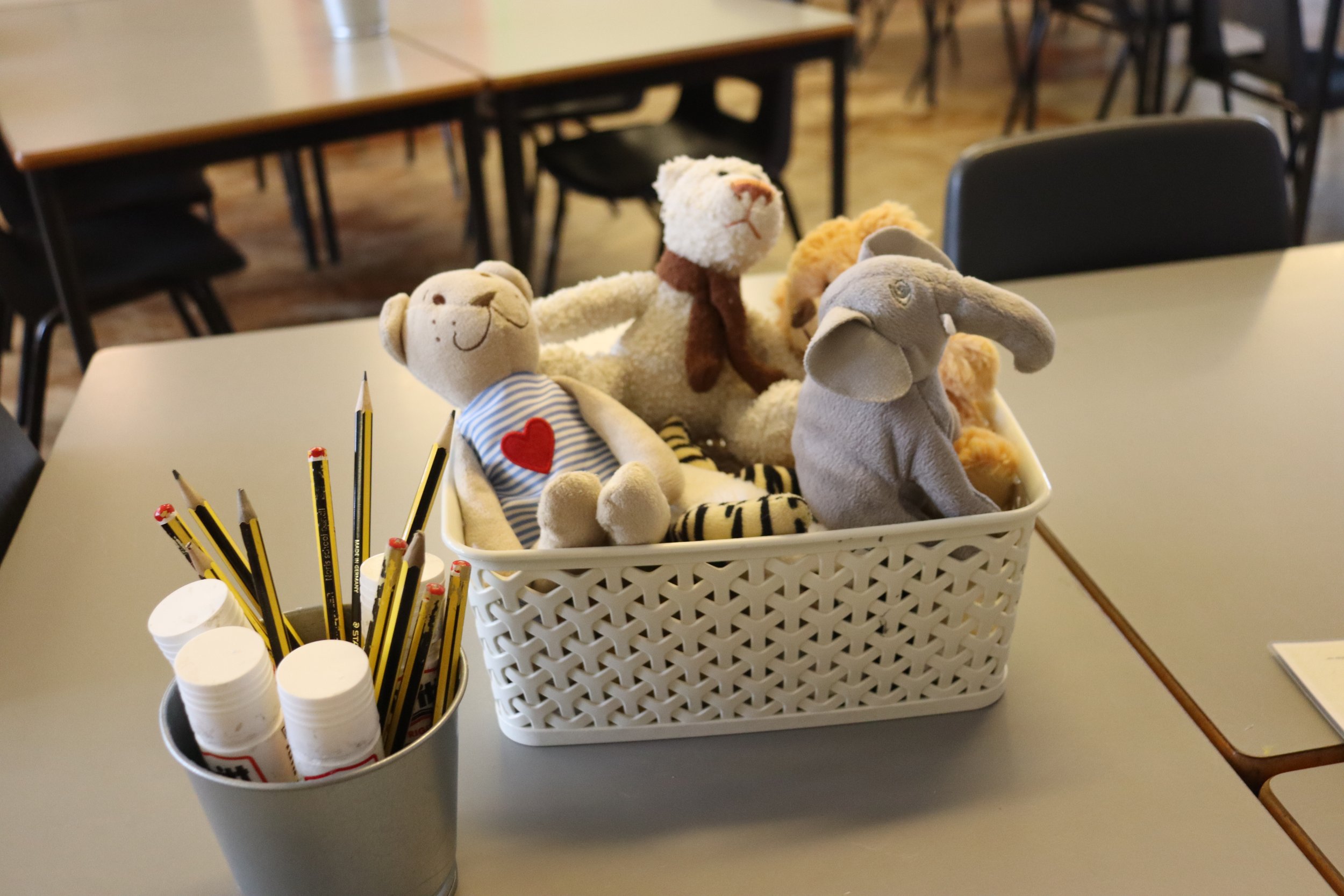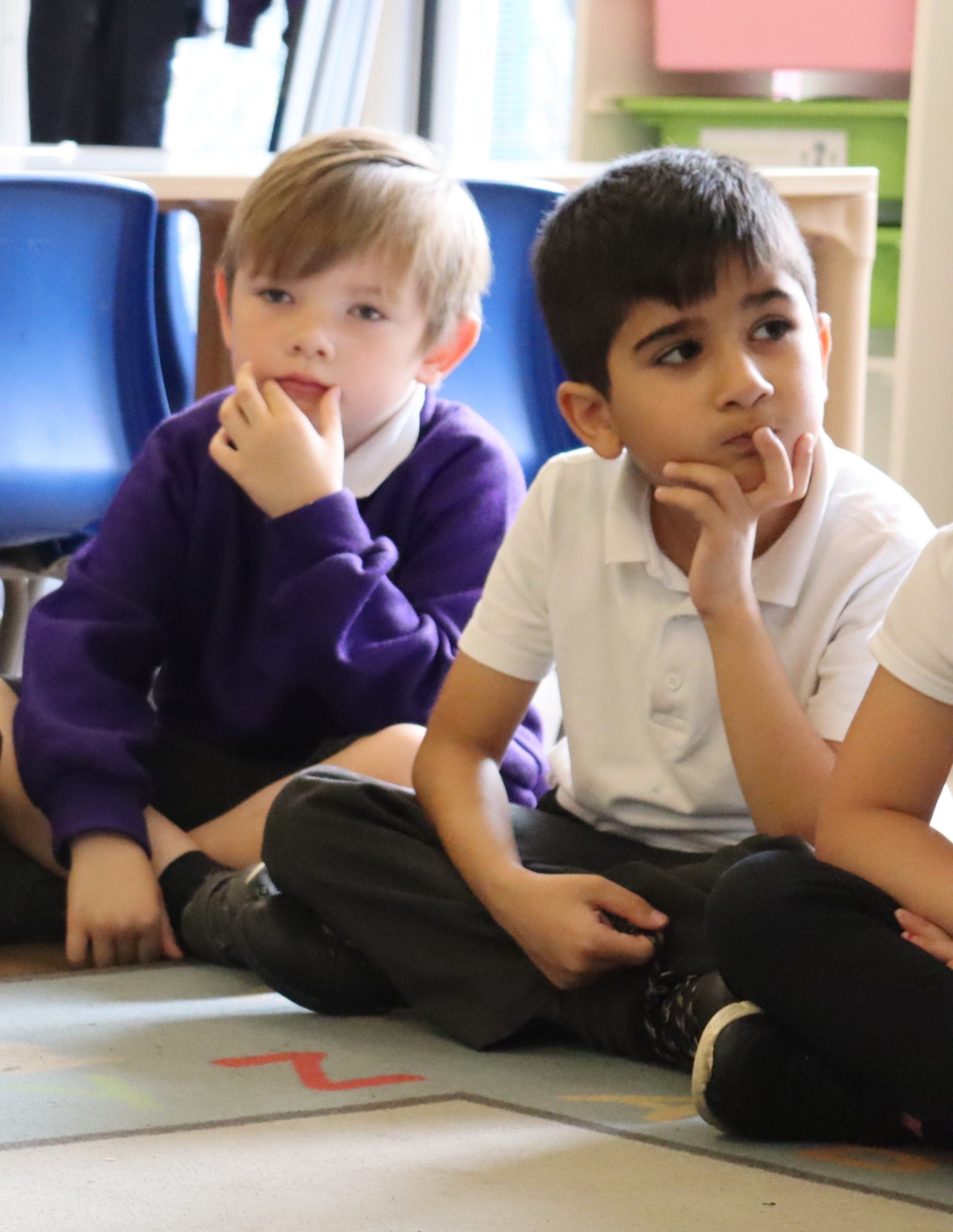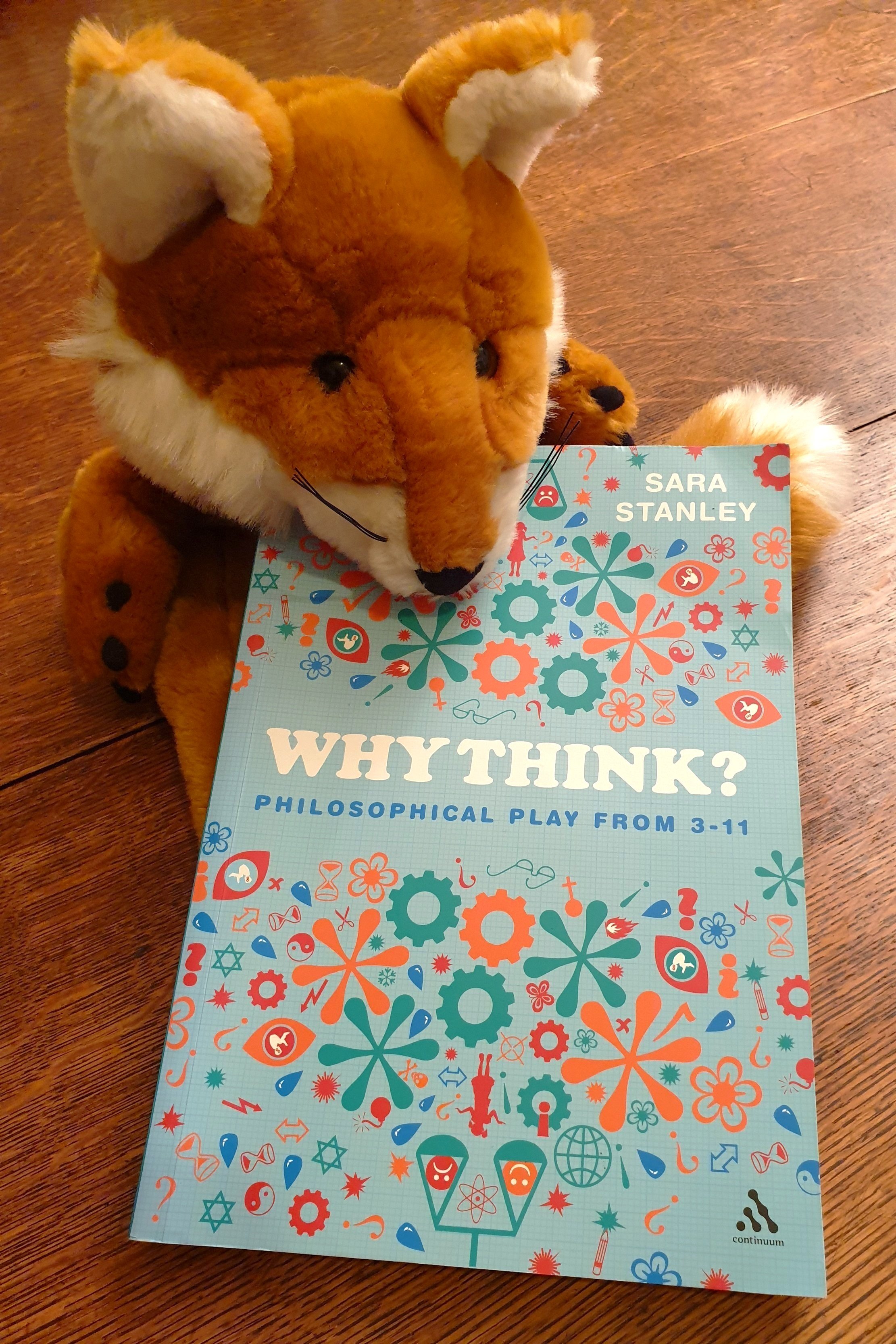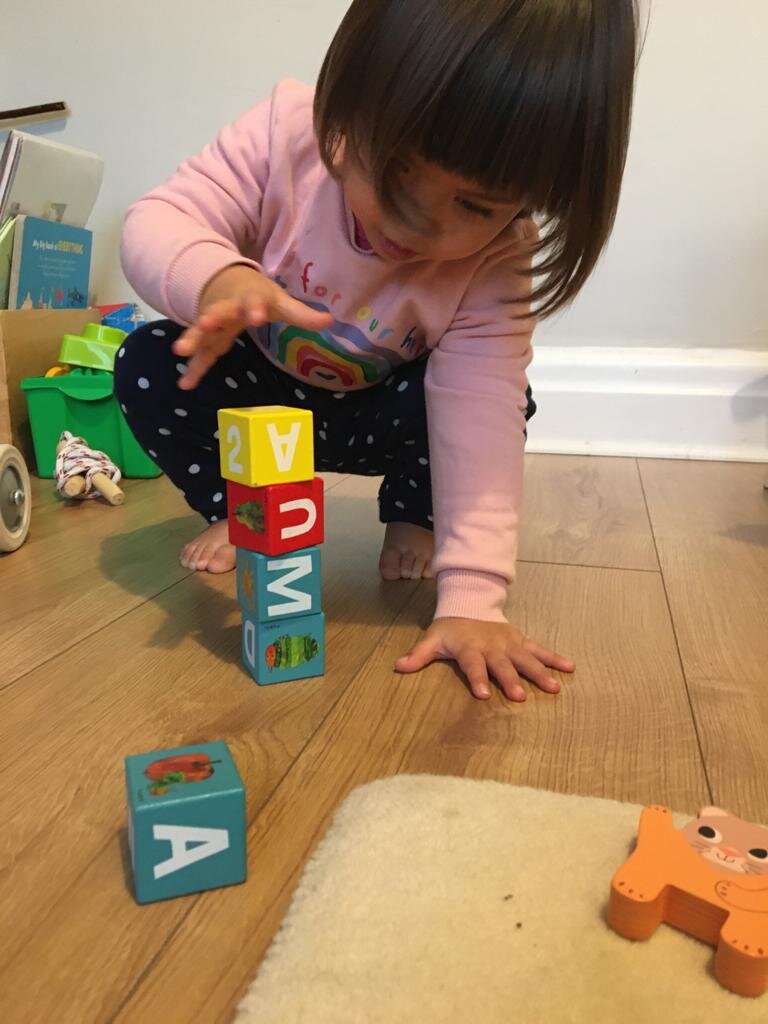
There’s no denying that screens are here to stay. Let’s start talking more with families about the impact screen time might be having on language development in young children. Let’s talk about how to gain healthy habits.
You could share this useful information produced by Bradford Council. It includes six top tips for families:
https://fyi.bradford.gov.uk/familyhubsandstartforlife/children-2-5/young-children-and-screen-time/
Let’s start talking about the impact screen time might be having on language development
Over 200 guides to help you do philosophy with children
Packed with example discussion scenarios, this book will help you raise your facilitation game
Full of practical ideas and lovely examples of children’s words; I recommend this book
A fascinating, accessible book about thinking in the Early Years
Share this 4 minute video with your Early Years colleagues
An example of using a small-but-curious event to get pupils talking and thinking
Seven quick activities to develop talk, listening and non-verbal communication
This resource brings together phrases and tips to help parents and carers develop dialogue with their children at home.
Simple-yet-effective techniques to get three year olds talking and keep them focused.
An opportunity to talk with other teachers about P4C.
Starting with simple/fun questions in Early Years helps children develop the skills to consider deeper ('more philosophical') questions over time.
Talking Toys enables children to immediately organise their turn-taking.
The game ‘Odd One Out’ is a great way to begin lessons on specific themes or topics - you can quickly create a resource box that will last for the duration of the topic.



